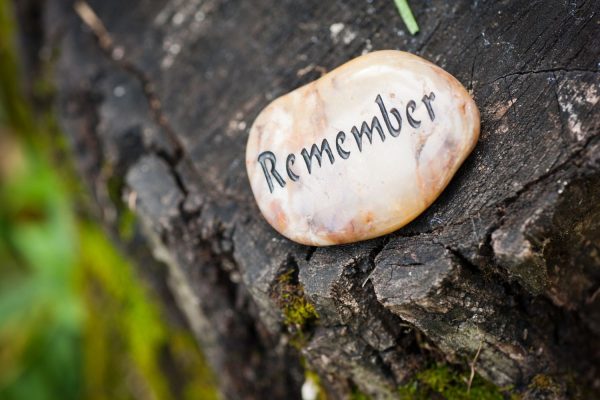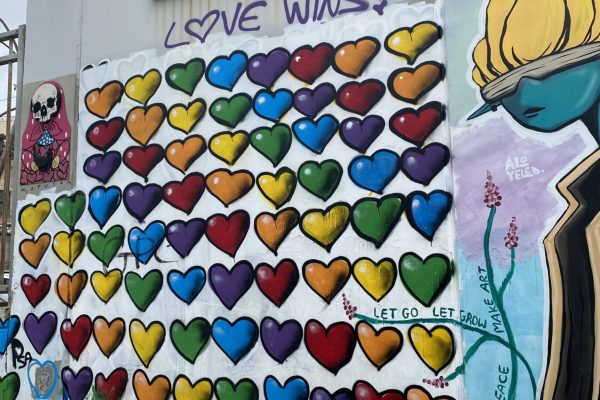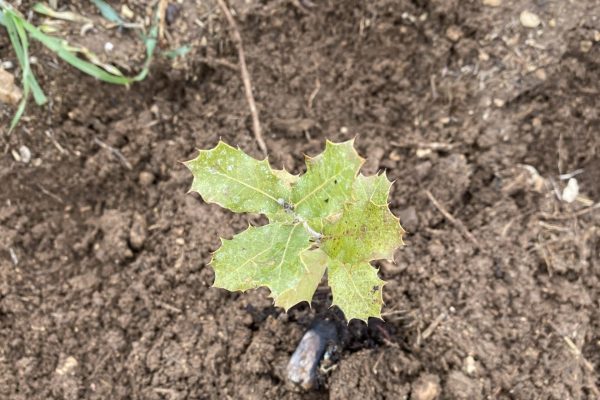for my friends in Israel: Malka, David, Marlene, Peggy, Michael, Judy—October 1973
When the hours of insanity
intrude upon
and shatter the day of introspection,
when the ill-blessed missiles
and unholy convoys
roll again
through the rocky hillsides,
carefully cultivated valleys
and wilderness sands,
give yourself up not
to the maelstroms of destructions.
When the land teems
with the tense pressure
of absent faces,
of uncertain radio announcements,
of yet another death
give yourself up not
to the passions of certainty.
When the work in tomato fields
or hospital corridors
gathers you up
in its daily currents
leaving exhaustion
and solidarity,
give yourself up not
to unanswered self-doubts
clouded pictures of hindsight
or blacked out windows of fear.
And when the gunfire
once again slackens,
and dirty teenagers
whose nostrils have smelled
things one would wish no one,
again frequent King George and Dizengoff
when the last new graves
on Har Herzl are closed
and some semblance of normality
(hastily assembled)
returns again to Jerusalem and Rosh Pina
to Damascus and Port Sa’id
give yourself up not
to once secure illusions,
but give up not
your quest for peace,
your longing for justice
for you and your cousins,
your vision of a tomorrow
and your duty
–perhaps a bit like Yirmiyahu—
to speak words
(that lead to deeds)
that others may not wish to hear.
Author’s note:
This poem, written as a young rabbinical student in Philadelphia during the Yom Kippur war in 1973, was sent to friends in Israel. It was later published twice: in the Reconstructionist journal (June 1974) and in the Philadelphia Jewish Exponent in October 1974 on the first anniversary of the war.











